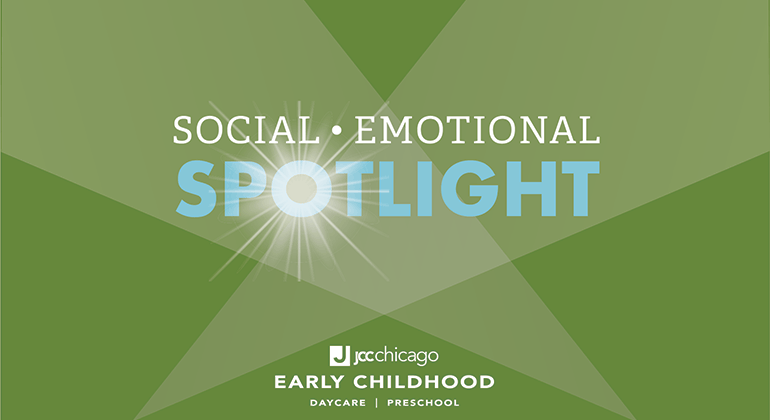“Post” Pandemic Playdates: Providing opportunities for children to (re)connect

After over two years of being in a Pandemic, it is no secret that our children have missed out on many critical social experiences. They were not given the opportunity to shop at grocery stores, dine in restaurants, or engage in play dates with other children; all things that as social beings we get exposed to at a young age. It is not surprising then, that we are noticing an increase in preschoolers struggling to share, communicate, and get along with their friends.
With summer approaching and the weather getting nicer, now is the time to consider setting up opportunities for playdates. Forethought and intentionality go a long way toward planning successful outings. Below you will find ideas for how best to support your child in navigating these initial peer interactions.
The players
Setting up a successful playdate starts with finding a good playmate for your child. Ask them who they would like to invite or check with their teachers to find out who will be a nice match.
Time is everything
Consider the time of day when scheduling the playdate. You will want to avoid times when children are most likely to be tired or hungry. Also, take into account the duration of the play date, which may vary depending on the children’s age and abilities. Start off scheduling it for a shorter amount of time, so they can feel good about the experience and it can end on a positive note.
Plan ahead
Playdates are wonderful teachable moments to model and practice what it looks like to welcome guests into your home (i.e., hanging up their jacket, offering them a drink, and sharing toys). Additionally, if you are hosting the playdate, it is important to discuss ahead of time if there are any special toys your child wants to put away before their friend arrives. This can help avoid unnecessary arguments over sharing something that is particularly meaningful to them.
Create a plan
Establish rules upon arrival so both children know what is expected of them. For example, if the rule in your house is to clean up one toy before you take out another or to remain unplugged the whole time, be sure they understand that before they begin to play. It can also be overwhelming for children to select an activity when so many novel toys are available. Speak to the children, and if it looks like they can use guidance, create a plan of what they want to play with “first” and then “next.” You might need to offer suggestions.
Be present
While we should encourage children to work things out for themselves, depending on their ages, they may not have the language or coping strategies to manage their frustrations or solve a problem without adult support. That is why it is critical to remain available to facilitate play and help them negotiate conflict as it arises.
Give notice
Help prepare children in advance by giving them warnings prior to asking them to stop one activity and transition to something new, like taking a bathroom break or cleaning up to go home. Try a visual timer so they can see how much time is left or give them an action-based stopping point (i.e., 2 more turns going down the slide).
Three’s a crowd
There is truth in this old adage, and in fact, complications may arise when you add a third child to the mix. Inevitably someone feels left out, which can lead to hurt feelings and an escalation in negative behaviors. Whether it is a sibling or friend, be sure to take this into consideration during the early years.
Covid considerations
These past two years have taught us that we all have different levels of comfortability as it relates to taking Covid precautions. Rather than being caught off guard, it is best to discuss ahead of time how each family feels. From preferring to remain outdoors, to wearing masks, to frequent use of hand sanitizer, planning ahead can once again go a long way in helping to set up a successful environment and experience.
Ultimately, the many decisions you will make surrounding playdates, like determining when it is okay to begin drop-off playdates or deciding how long they should last, all involve knowing your child, their personality, and comfort level in new situations. Playdates are wonderful opportunities for young children to practice using their language and socializing with their peers, and it can be a nice time for us adults to connect with other parents as well!
Books Recommendations for Children
- A Playdate With Carl (The Adventures of Carl and Friends) by Tamekia Parence
- Friends Ask First!: A Book About Sharing (Daniel Tiger’s Neighborhood)by Alexandra Cassel
- Kindness Starts With You- At School by Jacquelyn Stagg
- Llama Llama Time to Shareby Anna Dewdney
- Should I Share My Ice Cream? by Mo Willems
- The Magic of Sharing by Ruben Lora and Ksenia Startseva-Lora
By Rachel Schwartz, LCSW, Director of Social Services for JCC Chicago






